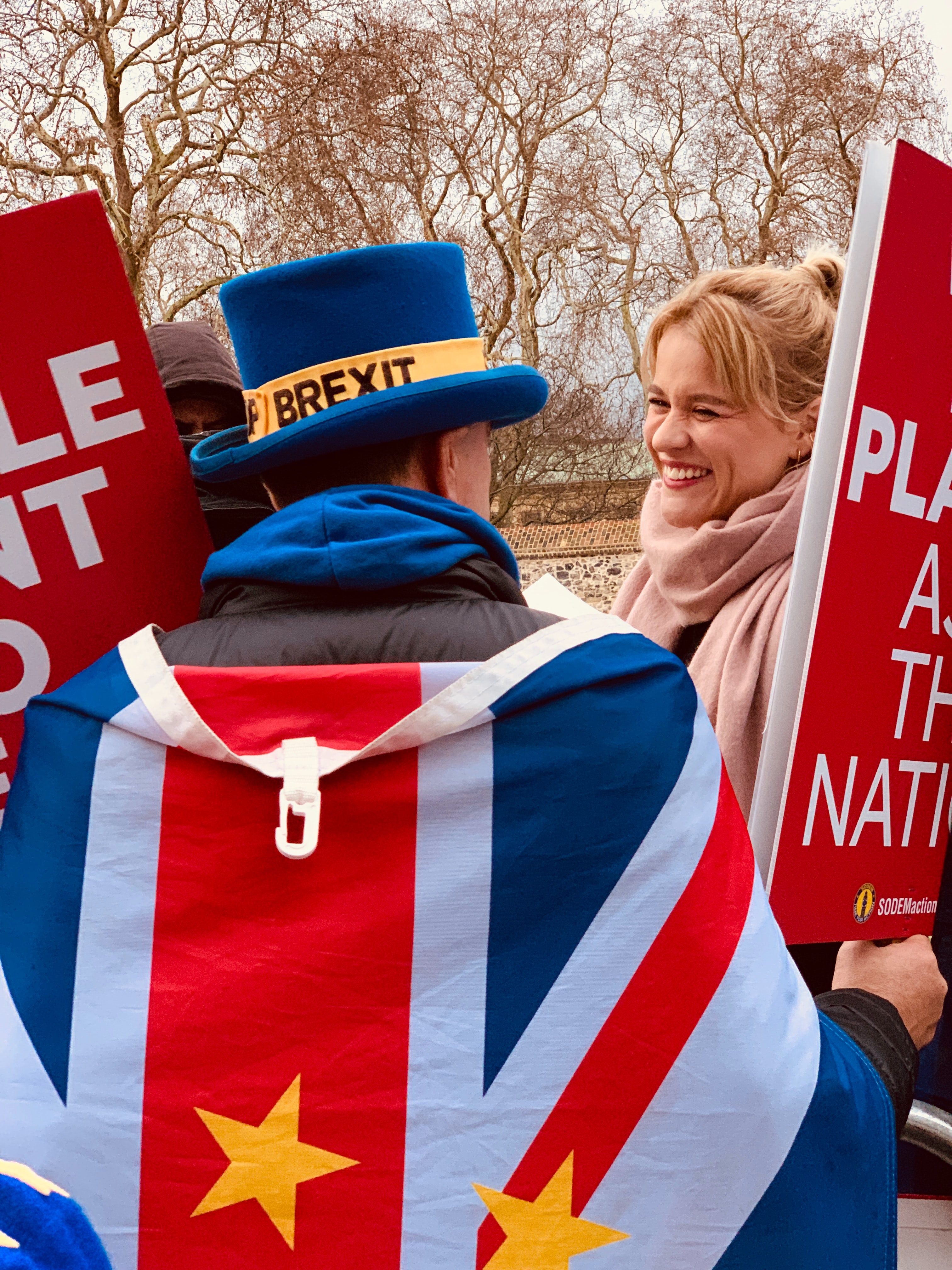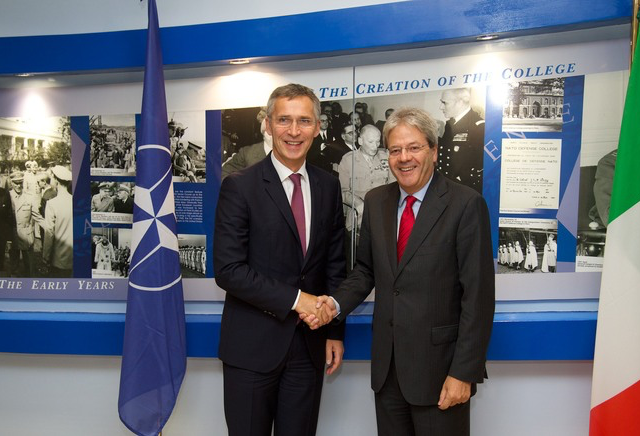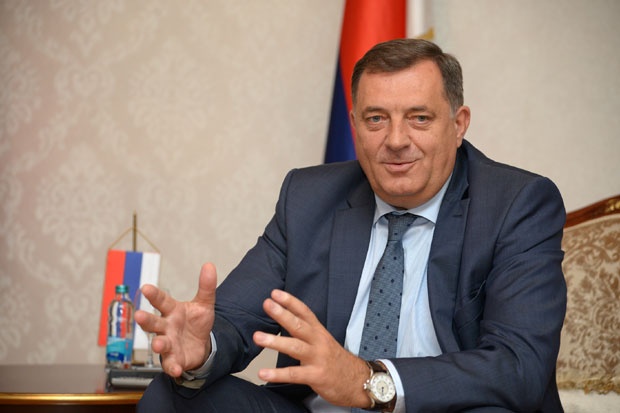Photo by John Cameron on Unsplash
British citizens living abroad together with EU citizens and others who have made the UK their home before Brexit are poised to tell their stories as part of a Lancaster University project.
As a Finnish woman living in the UK reported to the research team: “If the festivities had taken place before Brexit, I may have felt more of a connection to the Jubilee but Brexit has created a rift between me and Britain that did not exist before and has highlighted the perception of me as foreig by those in power and many of those living in Britain”.
Other voices reveal how they understand Britain and its place in the world following the UK’s exit from the European Union.
Such views are featured in a new season of the podcast Who do we think we are? co-hosted by Michaela Benson, Lancaster University’s Professor in Public Sociology, and Nando Sigona, University of Birmingham’s Professor of International Migration.
As Professor Benson explains: “Drawing on the contributions of those taking part in the research who had moved and settled before Brexit—and who, in most cases, found the terms on which they were resident changes through the citizens’ rights negotiations—we talk about what hearing from them about the monarchy, commonwealth and Eurovision makes visible about the symbolic boundaries and borders of the imagined community emerging in the wake of Brexit.”
As Professor Sigona explains: “What does it mean to be British today? Who is allowed to be part of Britain in the post-Brexit era? Who is excluded? We will explore these questions with people who are more ordinarily absent in these conversations.”
This is the first episode of Season 3 of the popular podcast Who do we think we are? which, so far, has attracted thousands of listeners and went live on Friday 5th May.
The series foregrounds a timely understanding of Britain’s migration story focussed on the making of ‘Global Britain’.
Considering Brexit as a pivotal moment, it considers what the UK’s exit from the European Union has meant for mobile citizens, migrants, migration flows and governance.
In this way, it reveals an ongoing process of redrawing the boundaries of the imagined community and the role of the migration-citizenship regime within this.
But it also looks beyond the borders to consider how immigration controls, policies and legislation articulate with the British state’s present-day struggle for legitimacy and leadership on the world stage after Brexit.




